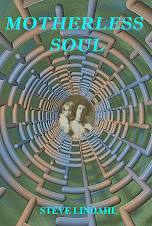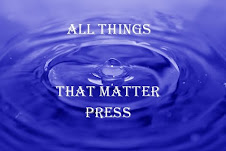 Gone Girl by Gillian Flynn
Gone Girl by Gillian FlynnMy rating: 5 of 5 stars
There is a Maddie Crum article in The Huffingtonpost entitled 8 Popular Books With Deeply Disappointing Endings. Gone Girl is one of the titles she listed. I was halfway through the novel when I noticed the piece, so I didn’t read it at the time. Now that I’ve finished the book I’ve gone back to see if I agree with Crum’s premise. She has a primary reason why she doesn't like the ending and a different reason, just as strong, why she does. So, without mentioning what those arguments are, I will say I agree with her detail, but I don’t agree with her putting the book on her list. There were times when I was reading the ending that I felt like yelling “Please stop this!” because a number of conclusions were reached and after each one, the plot would keep on going. But the final choice was brilliant. I’ve read elsewhere that Gillian Flynn intends to “tweak” the ending for the movie. It will be interesting to see what she does. The nature of translating a book to the screen forces the story to be shortened, so I think my complaint will be handled automatically. I worry about other changes.
I’m rating Gone Girl as a five star book, despite some aspects I didn’t like. I already mentioned how long the ending seemed. I thought some of the foul language was indulgent and sometimes given to characters I didn’t feel would use it. And there were many moments when characters knew things they couldn't possibly know and other times when they reacted in ways I found hard to believe.
But the story is incredibly intense (Amy’s parents would say amazingly intense) and unique. The way Flynn takes two despicable characters, mixes in tremendous lies, and still has me sympathizing with them both is simply great. There is truth about relationships in this book. It’s exaggerated, twisted, ignored at times and lied about at other times, but it is still truth and for that reason I care about Nick and Amy even as I feel their hatred and frustration.
I picked an excellent time to read Gone Girl because the film is due out in October. I can’t wait to see it.
Steve Lindahl – author of Motherless Soul and White Horse Regressions
View all my reviews







